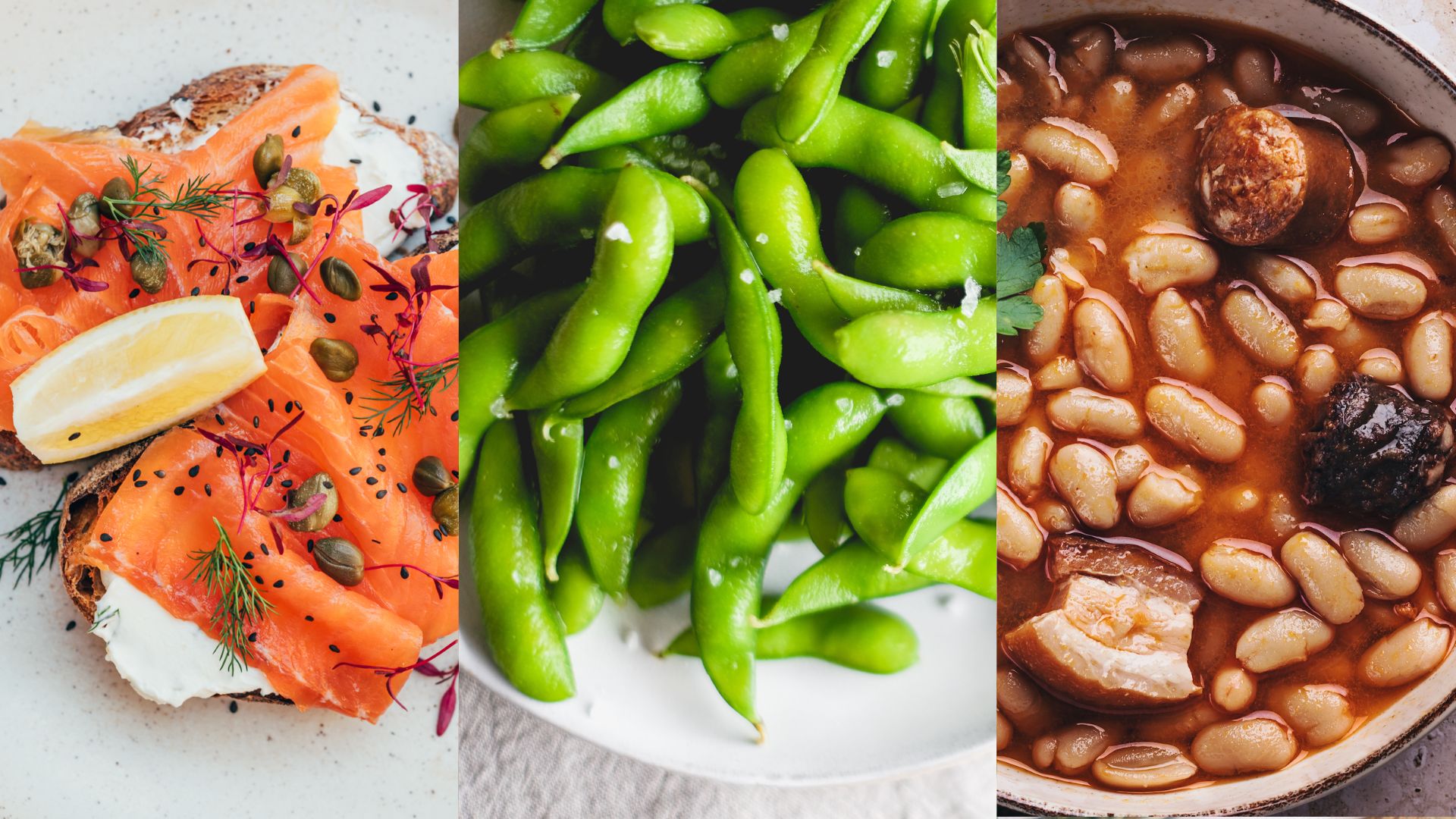
Feeling hungry? High-protein foods are the key to satisfying meals that keep you feeling full for hours afterwards. The important macronutrient - found in meat, fish, dairy and grains - keeps your body feeling fuelled in several ways.
This includes triggering the release of satiety hormones while reducing levels of the 'hunger' hormone - called ghrelin. Protein also takes longer to break down, compared to things like carbohydrates, meaning it slows the digestive process. It can also help stabilise blood sugar levels, preventing 'spikes' and 'crashes' that can cause cravings.
Women need to consume the recommended amount of protein per day - which is 0.75g of protein per kilo of body weight daily. As well as helping you feel fuller for longer, the macronutrient is also important for enhancing strength, aiding sustainable weight loss and boosting bone health. Looking to increase your protein intake? Then stock up on these 32 foods.
32 high-protein foods to keep you full for longer
When considering which protein sources to load up your plate with, you'll need to consider more than whether it is plant-based or not. For instance, if a food contains all nine essential amino acids then it is considered a 'complete protein', providing exactly what your body needs. Some groceries may only contain some amino acids, which is why it's important to consume a varied diet.
Eggs
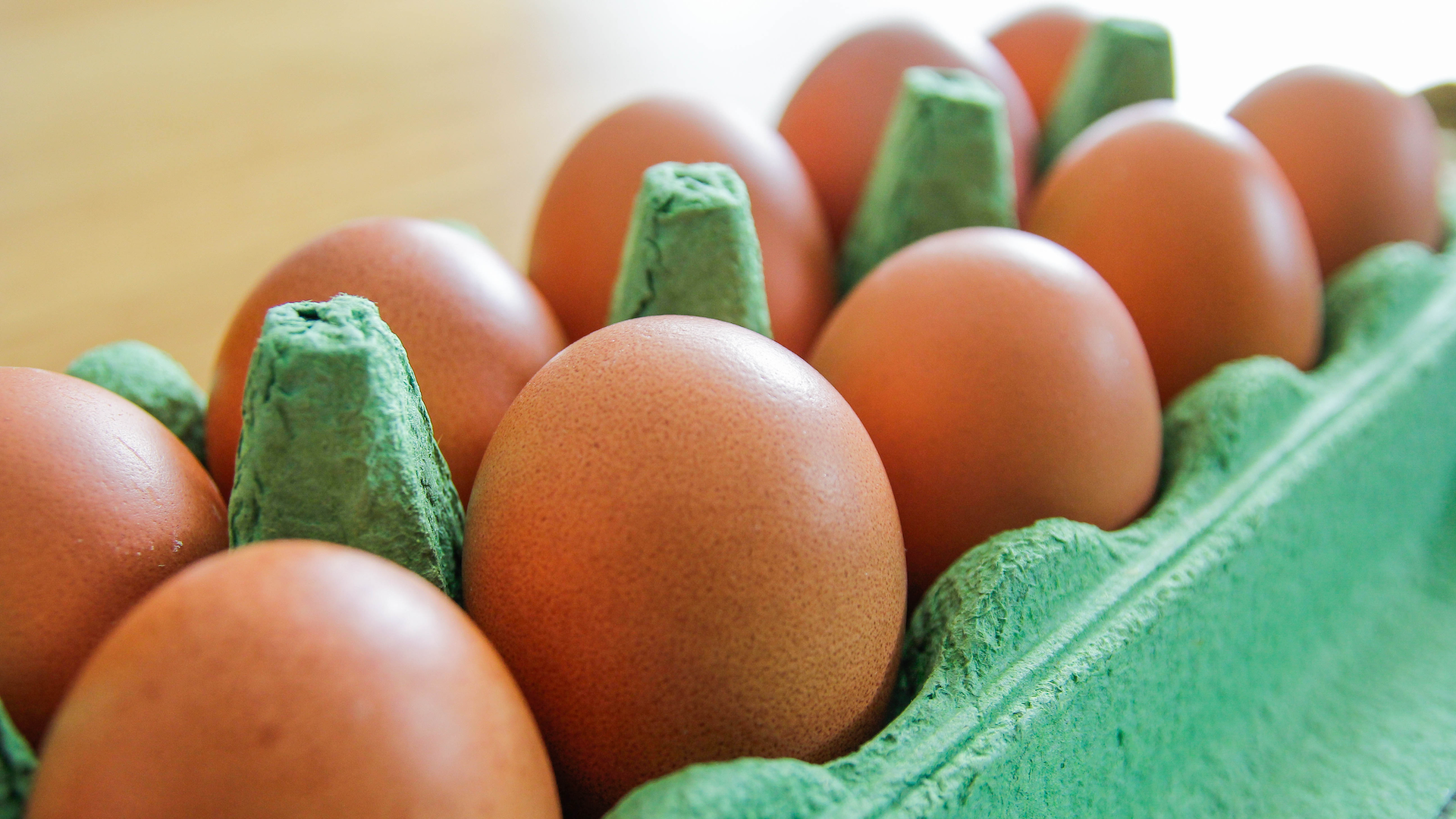
For a high-protein staple, look no further than eggs. They contain all nine essential amino acids that the human body cannot produce on its own, and are important for muscle building and repair if you need a post-gym snack. Additionally, they are rich in other nutrients like vitamins B12 and D.
Greek yoghurt

Greek yogurt is a good high-protein food to breakfast on, and contains significantly more of the macronutrient than regular yoghurt due to the straining process. What's more, it serves up plenty of calcium and probiotics too, boosting bone and digestive health at the same time.
Lentils

While you might not think of lentils as containing much protein, the pulse is a really effective plant-based source for vegetarians and vegans. A serving also provides dietary fibre, which is important for digestive health, as well as the essential nutrients iron, folate and magnesium.
Tuna

Tuna is a great lean source of protein due to its simultaneous minimal fat content and contains all the essential amino acids. What's more, it is loaded with omega-3 fatty acids, which are beneficial for heart health and provides important nutrients like vitamin D and selenium too.
Nuts

After a high-protein, plant-based snack? You can't go wrong with a handful of nuts, which contain a significant amount of the macronutrient, depending on their type. What's more, you'll simultaneously consume plenty of healthy monounsaturated and polyunsaturated fats, which are vital for heart health.
Chicken

Chicken is a high-protein go-to for good reason. The meat is rich in essential amino acids - making it a complete protein source that is a great component for a post-workout meal for its ability to aid muscle growth and repair. It is also versatile enough to be used in a range of dishes.
Cottage cheese

If toast is a snack you often rely on, why not top it with some cottage cheese? It is loaded with casein protein, which digests slowly and provides a steady supply of amino acids to the body. Further still, you'll also absorb other important nutrients such as calcium - which is vital for bone health - and B vitamins, which support energy metabolism.
Salmon
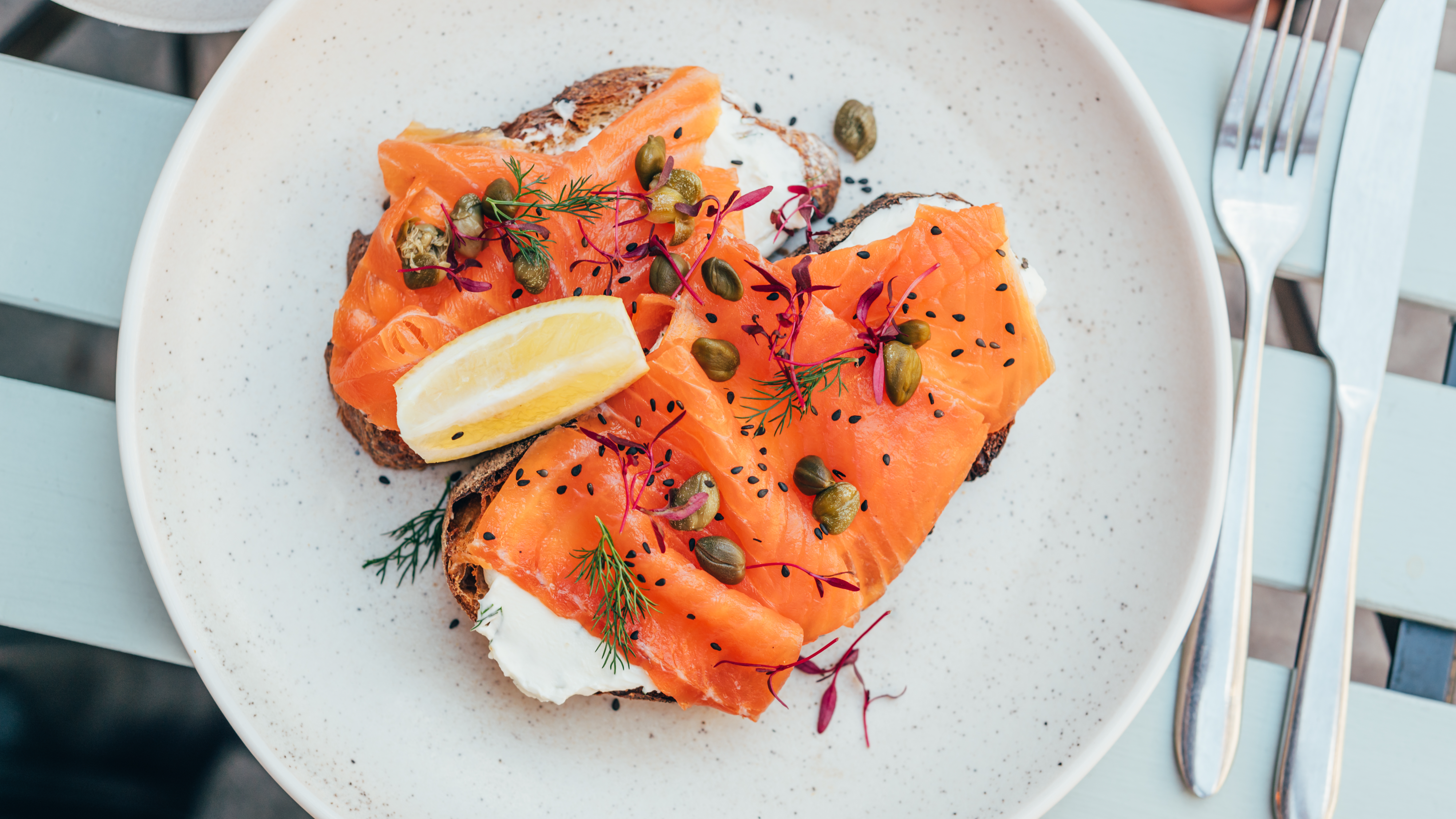
Salmon is a good high-protein food that can be used in the kitchen in a variety of delicious ways. It is a complete protein source, containing all the essential amino acids needed for muscle repair and growth, and is notably rich in omega-3 fatty acids - which support heart health and promote brain function.
Chickpeas

For an easy way to upgrade your lunches, chickpeas are a fantastic plant-based protein source for vegetarians and vegans. The pulse is packed with dietary fibre, which aids digestion and helps maintain satiety, and you can also enjoy a boost in essential nutrients such as iron, folate and manganese at the same time.
Tofu

Tofu is an excellent plant-based protein source for vegetarians and vegans, particularly given its versatility and ability to absorb different flavours. It is made from soybeans, which provide all nine essential amino acids, and it also serves up beneficial nutrients such as calcium, iron and magnesium.
Peanut butter
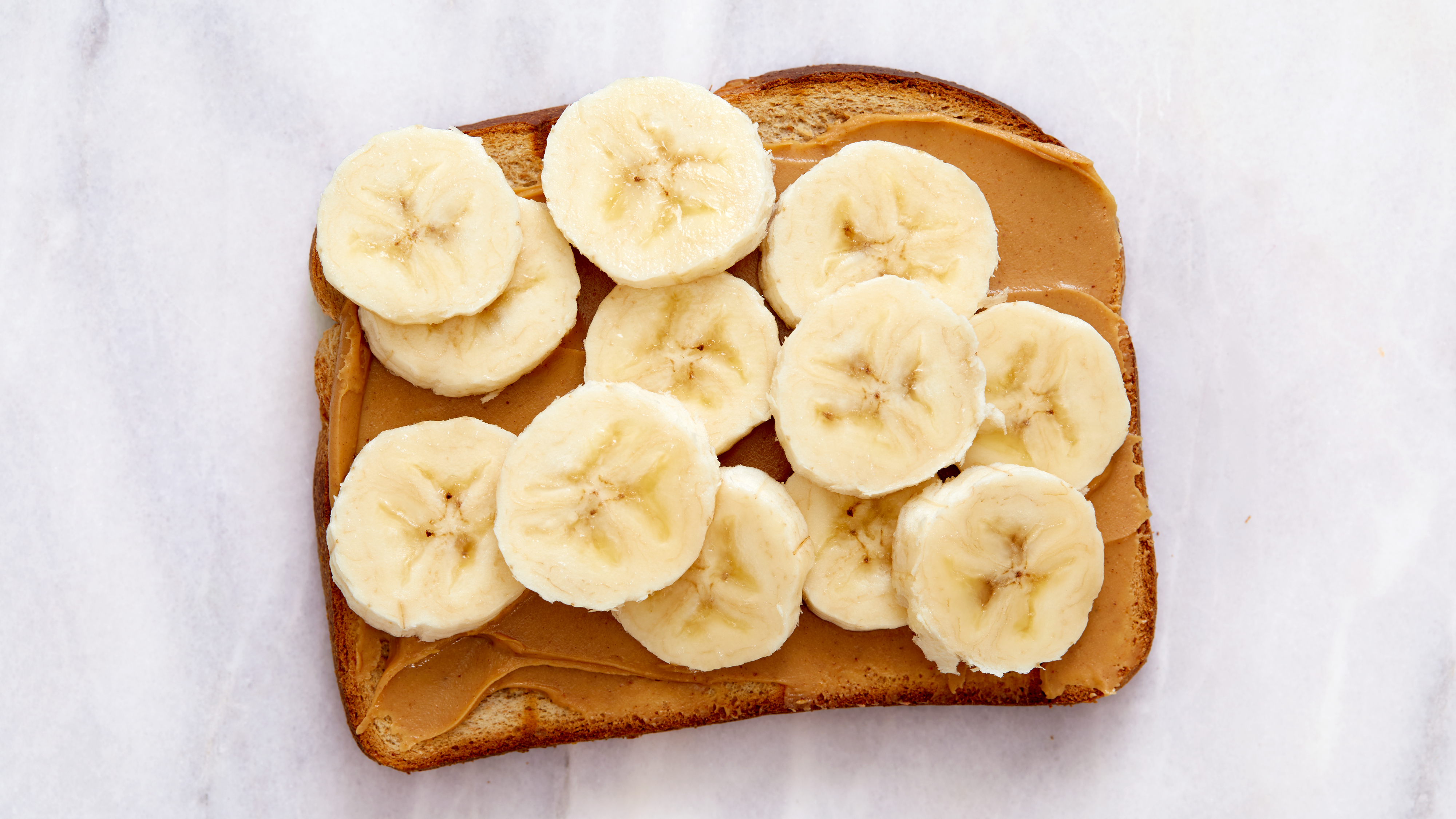
After a nourishing, high-protein breakfast addition? Peanut butter is a great plant-based source of the macronutrient, and is also rich in health monounsaturated and polyunsaturated fats, which support heart health. Additionally, the popular topping contains vitamins and minerals such as vitamin E, magnesium and potassium.
Milk
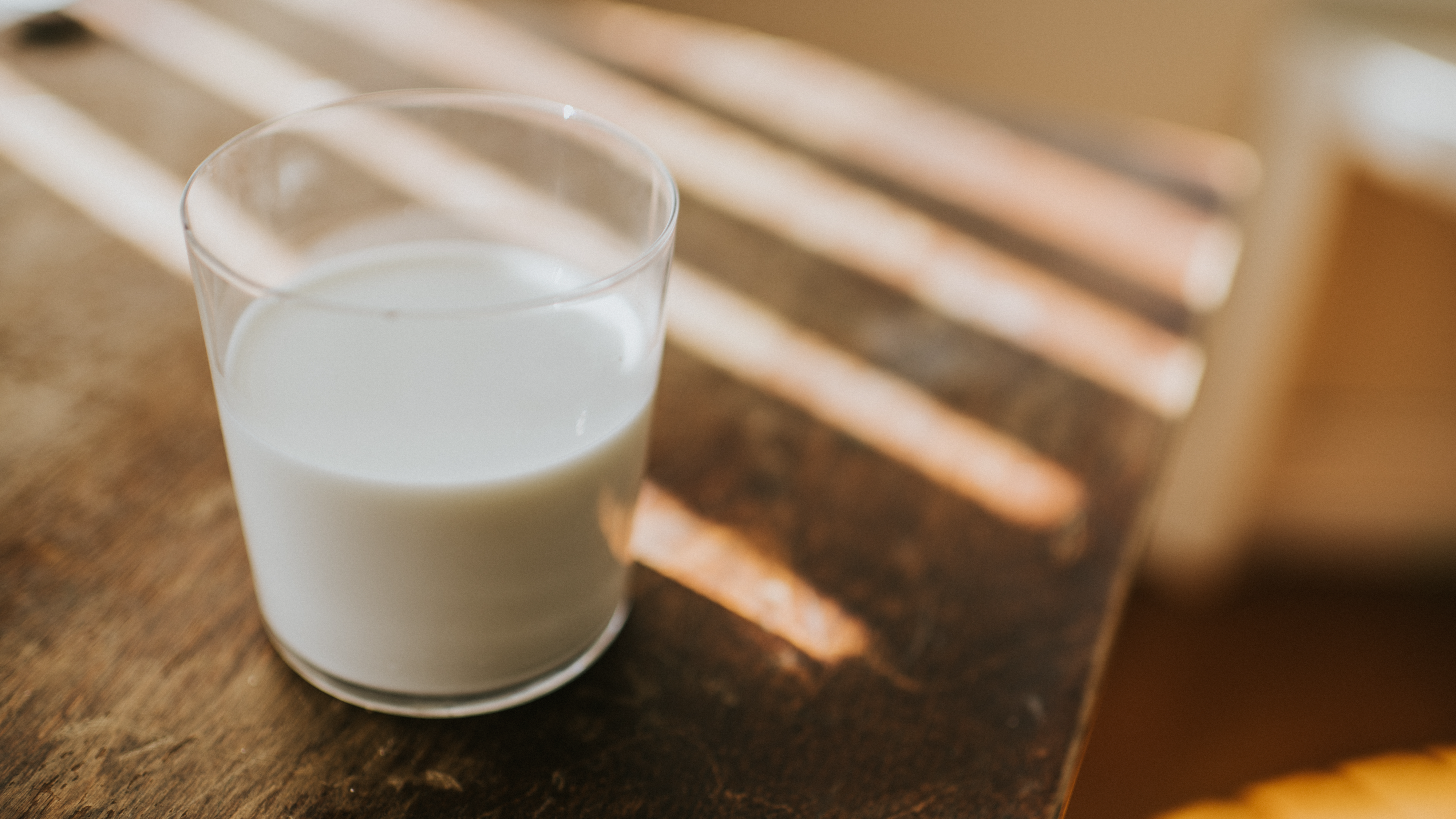
Not sure what to add to your coffee or smoothie? Milk is a great high-protein choice, featuring all the essential amino acids needed for muscle repair and overall health. Additionally, the dairy drink is rich in other essential nutrients such as calcium, vitamin D and B vitamins, which support bone health and energy metabolism.
Turkey

While turkey may be associated with certain seasons, there's a good reason to incorporate it into your diet all year round. It is a great lean source of protein, helping build and repair muscle. It also offers essential nutrients like B vitamins, selenium and zinc.
Soya milk
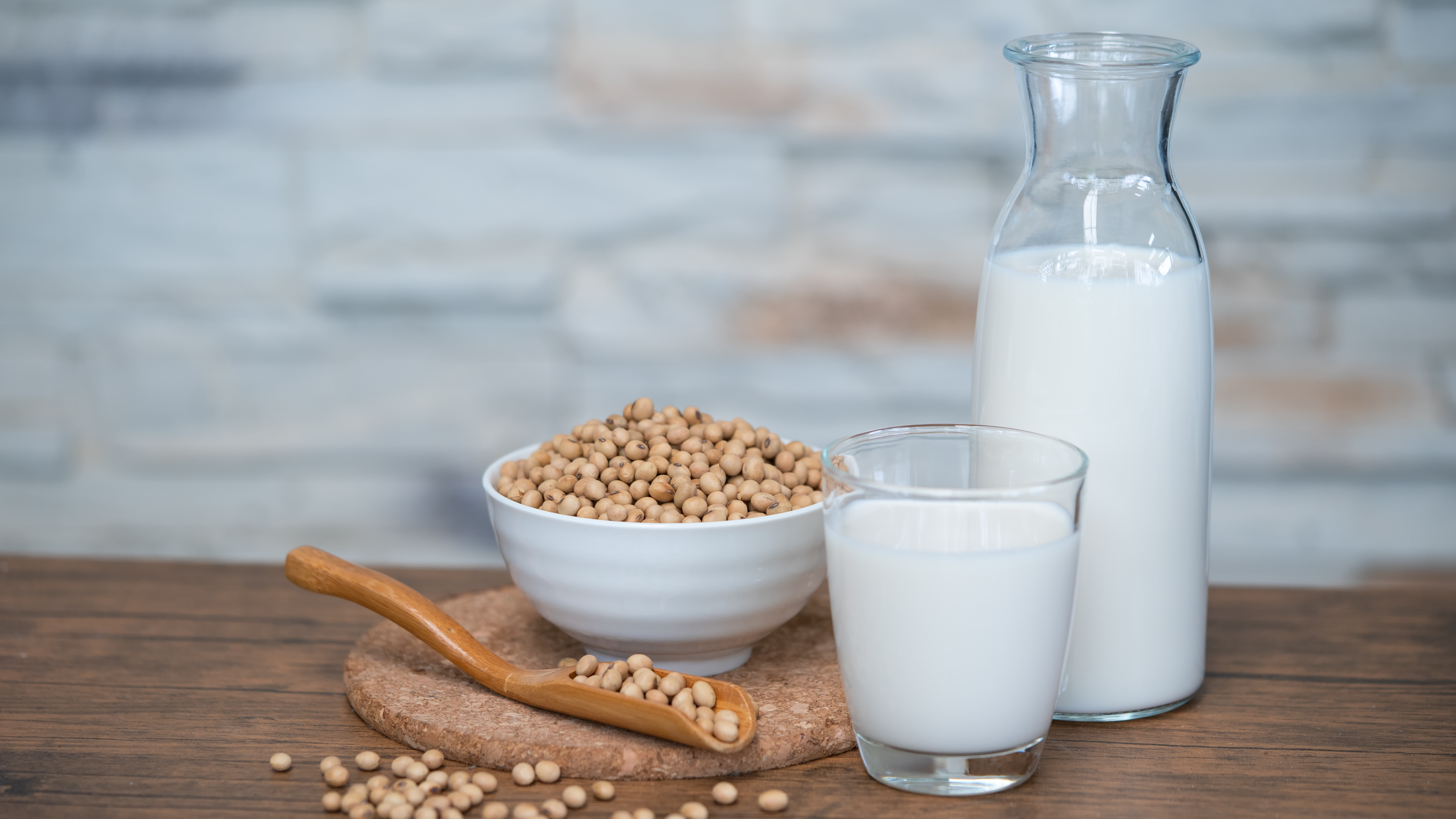
Soya milk, made from soybeans, is a good high-protein food - containing all nine essential amino acids needed for muscle growth and repair. Additionally, it contains beneficial nutrients like fibre, iron, calcium and B vitamins - making it a great choice if you're looking for a plant-based dairy alternative.
Cheese

Depending on the type of cheese, it is a good source of protein complete with all the essential amino acids. It also provides important nutrients - like calcium and vitamin B12 - which support bone health and overall bodily functions. What's more, it is incredibly versatile and makes a tasty addition to both snacks and meals.
Beans
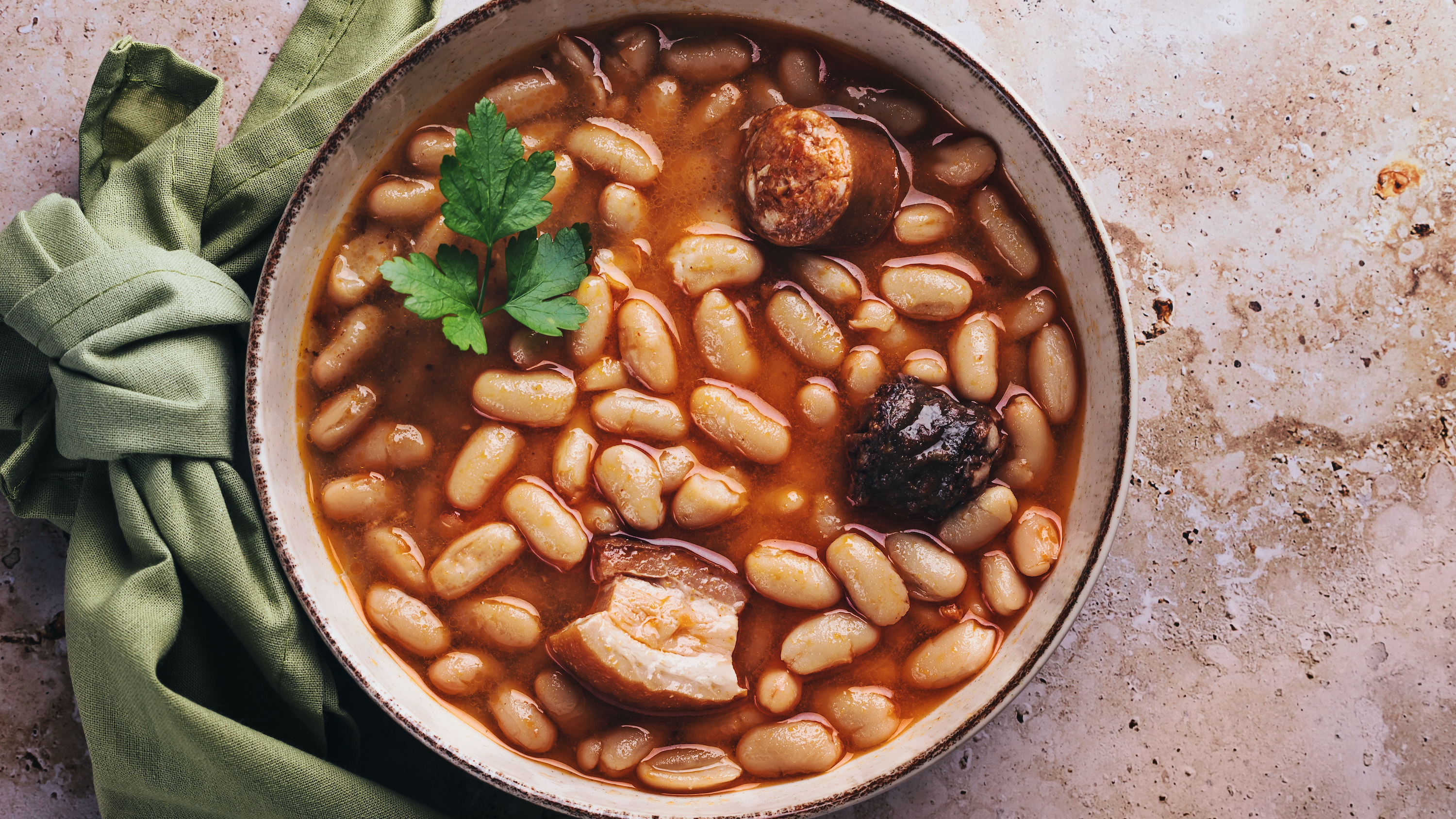
Beans are a great example of a high-protein, plant-based food that is also relatively affordable. The pulse is rich in dietary fibre, which supports digestion and helps maintain a feeling of fullness, while also containing essential nutrients like iron, folate and potassium.
Prawns

Despite being small, each prawn packs a punch when it comes to being a lean source of protein - meaning it is lower in fat and calories, aiding a healthy, balanced diet. The seafood option also contains important nutrients such as iodine, selenium and vitamin B12, which are vital for overall health.
White fish

White fish is a good high-protein food because it offers a substantial amount of the macronutrient per serving, that is also complete with all essential amino acids needed for muscle repair and growth. Additionally, it contains important nutrients such as vitamins B12 and D, as well as selenium.
Quinoa
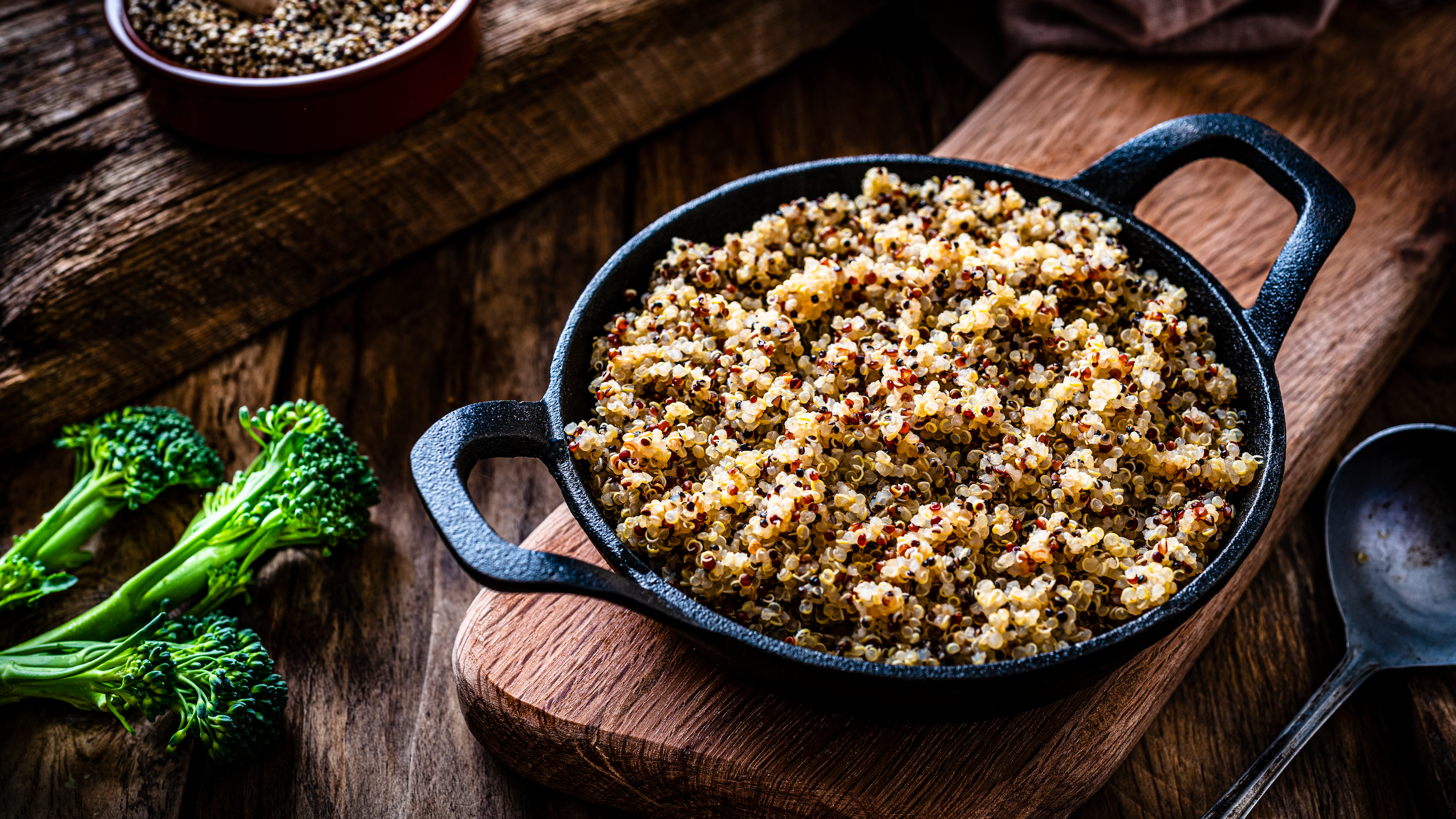
While you might not think that a grain could add much protein content, quinoa serves up a significant amount of the important macronutrient. It is a complete plant-based source, containing all nine essential amino acids, and also serves up fibre, iron, magnesium and B vitamins.
Protein powder
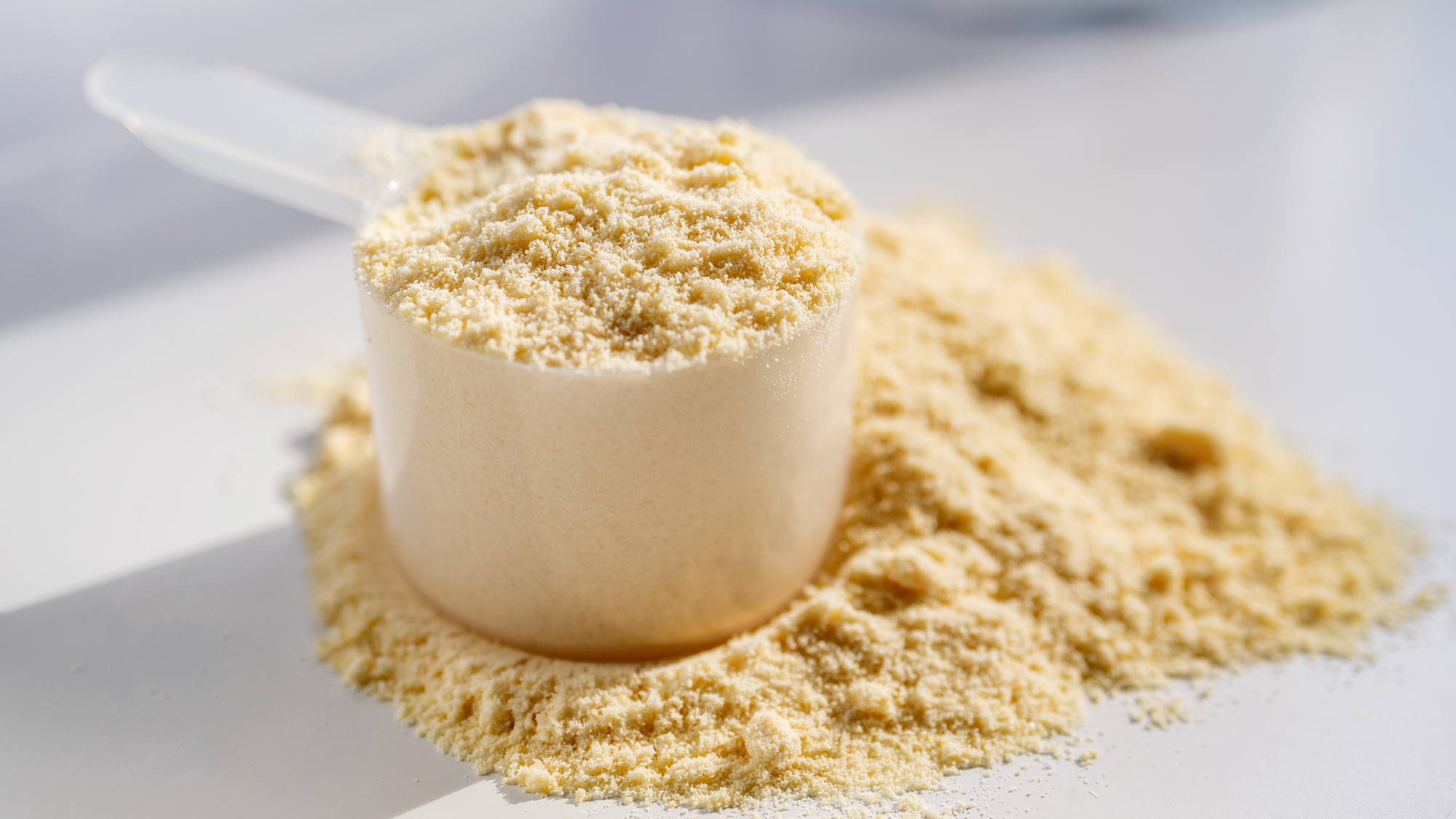
Protein powder is a really efficient way to top up your protein intake, providing a boost of as much as 20 to 30 grams per serving - making it a popular post-workout snack. There are a variety of options to suit different dietary requirements - such as whey or pea - and they tend to come in a variety of flavours.
Pumpkin seeds
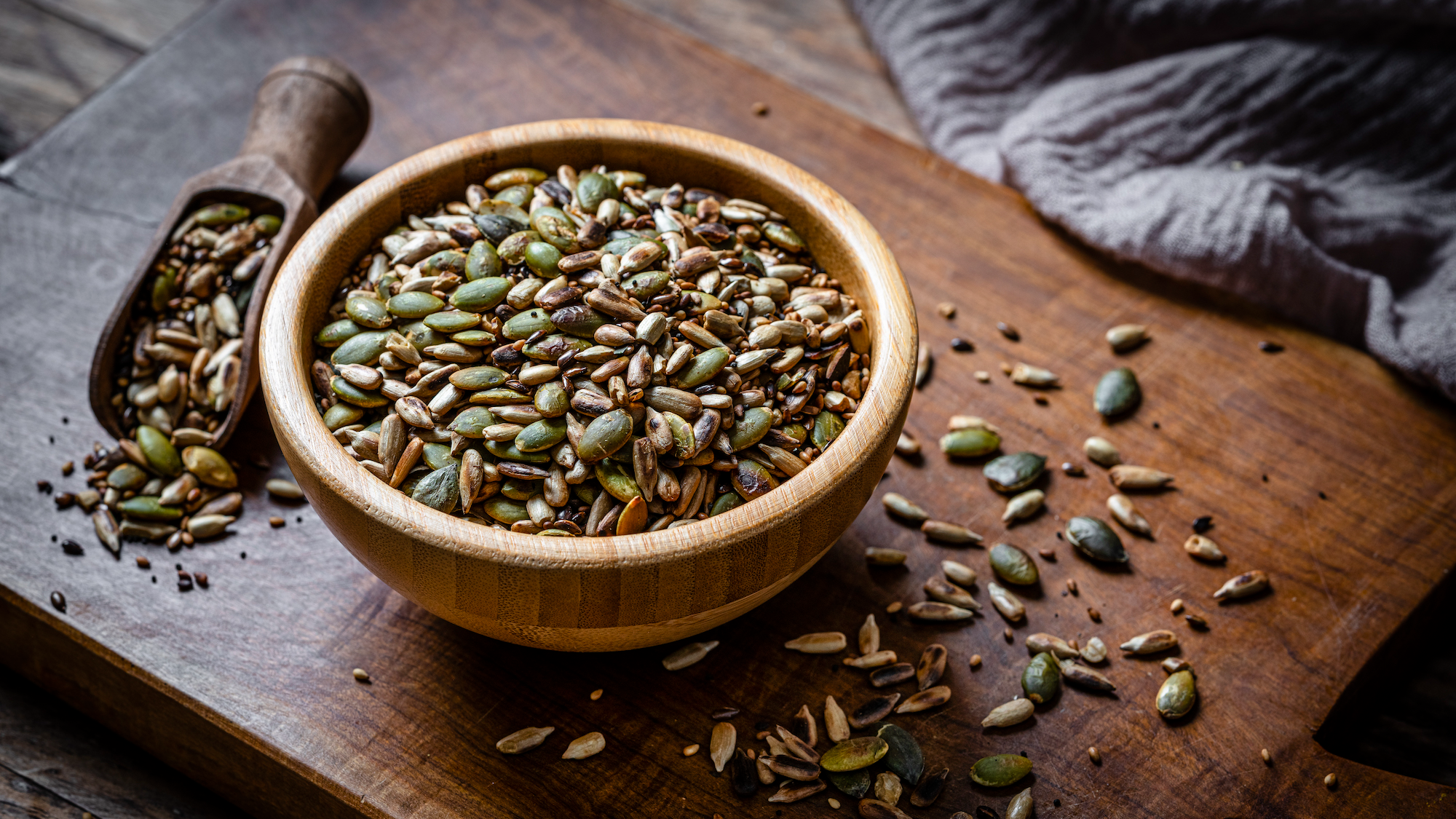
Sprinkling pumpkin seeds on your yoghurt or salad can be an easy way to up your protein intake if you are vegan or vegetarian. Additionally, you can also increase your consumption of other essential nutrients, like healthy fats, iron, magnesium and zinc at the same time.
Beef
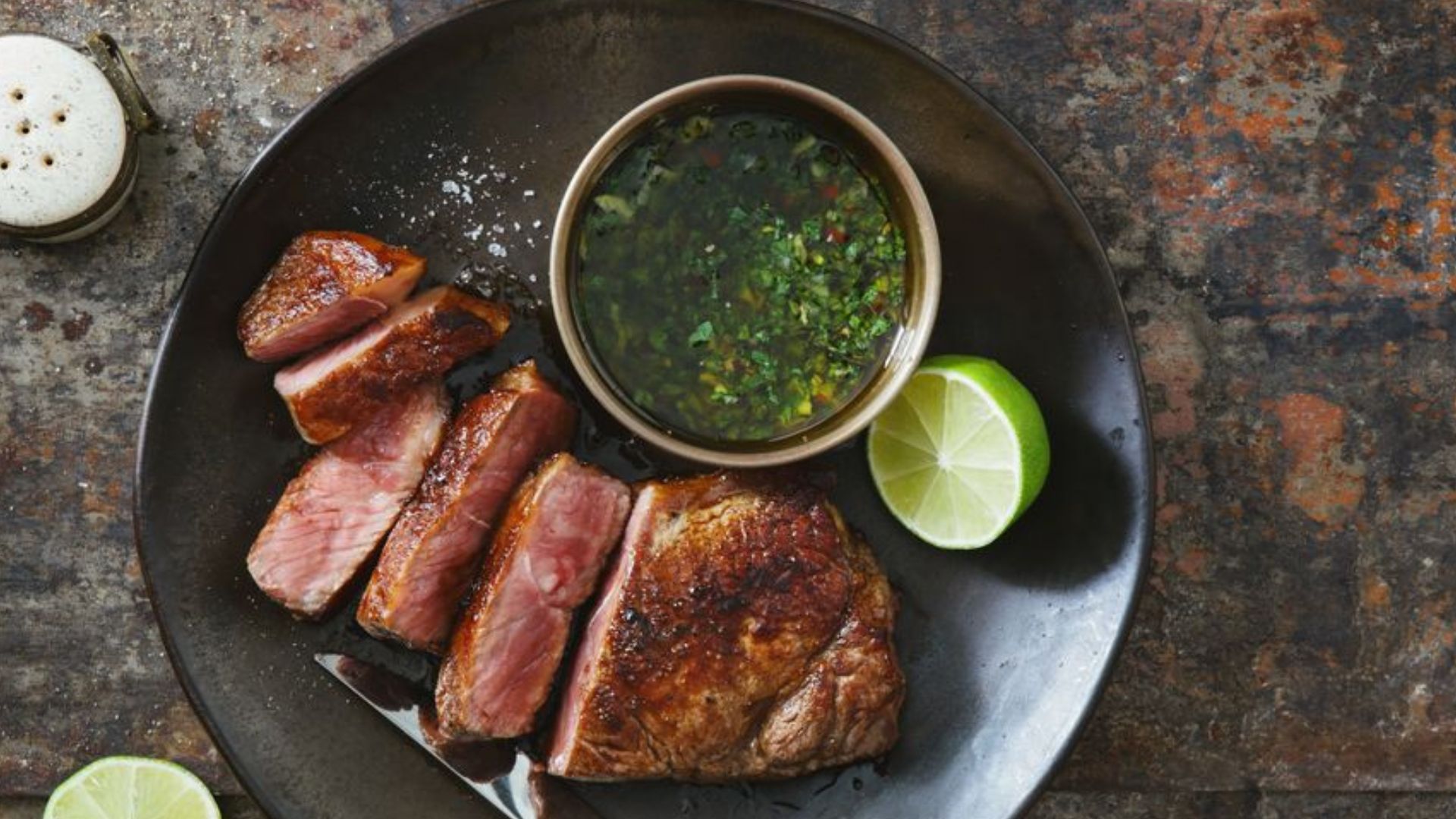
You could do worse than to order a steak when you're next out for dinner. Beef is a great high-protein food, providing all the essential amino acids needed for muscle growth and repair. The meat is also packed with important nutrients like iron, zinc and vitamin B12, which support things like energy levels and immune function.
Duck

Duck is a complete source of protein, serving up all essential amino acids needed for muscle repair and growth - while being incredibly versatile ingredient for incorporating into in a variety of tasty dishes. You can also simultaneously top up your levels of iron, zinc and B vitamins.
Tempeh

Looking for ways to increase your protein intake while on a vegan or vegetarian diet? Don't miss tempeh in your food shop. Made from fermented soybeans, it is a complete protein source, containing all nine essential amino acids. Additionally, it is rich in fibre, and minerals such as calcium and iron.
Edamame
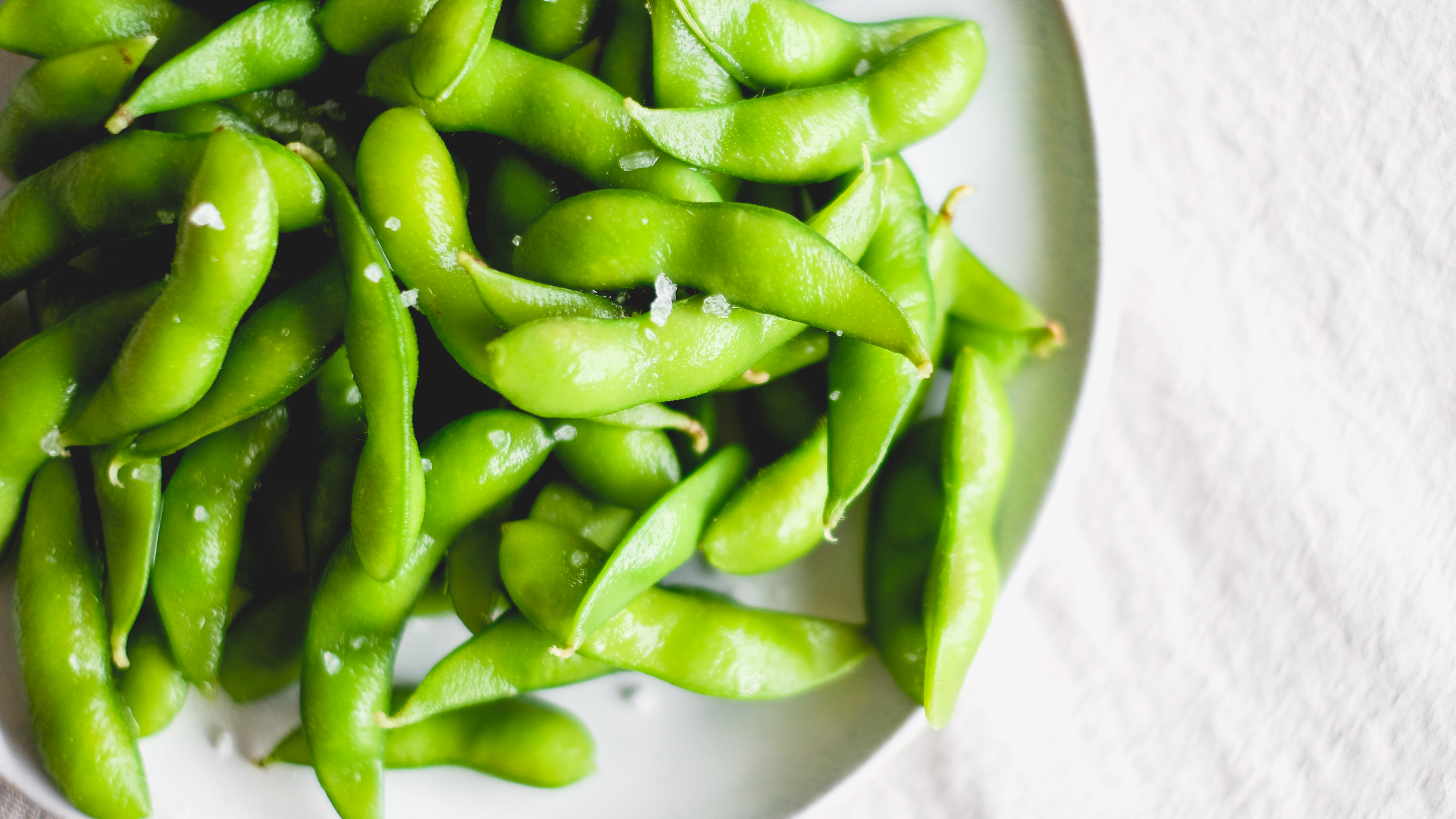
Edamame make a great high-protein plant-based snack. The beans are a complete protein, including all essential amino acids needed for muscle repair and growth, and you can also get your fill of dietary fibre, vitamins such as folate and vitamin K, and minerals like iron and magnesium.
Hemp seeds

Why not get your day off to a high-protein start by topping your morning porridge with hemp seeds? You can benefit from a complete protein source, containing all nine essential amino acids needed for muscle repair and overall health, while also absorbing healthy fats - including omega-3 and omega-6 fatty acids.
Broccoli
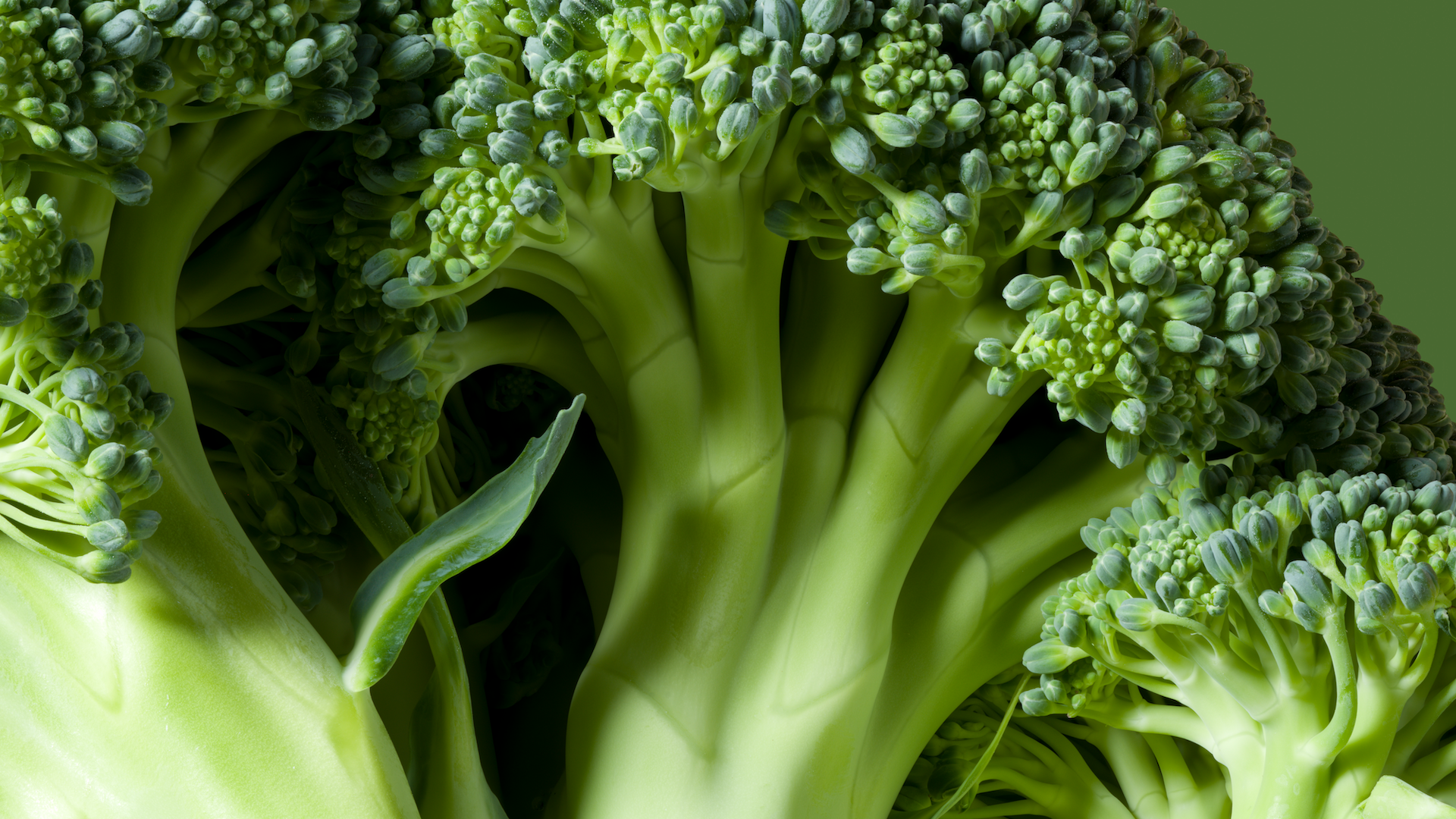
Don't dismiss the potential of vegetables to add to your daily protein intake. Broccoli offers a valuable plant-based source, and is also rich in fibre, vitamins - such as vitamin C and vitamin K - and minerals, like calcium and potassium, which all contribute to a nutritious diet.
Mushrooms
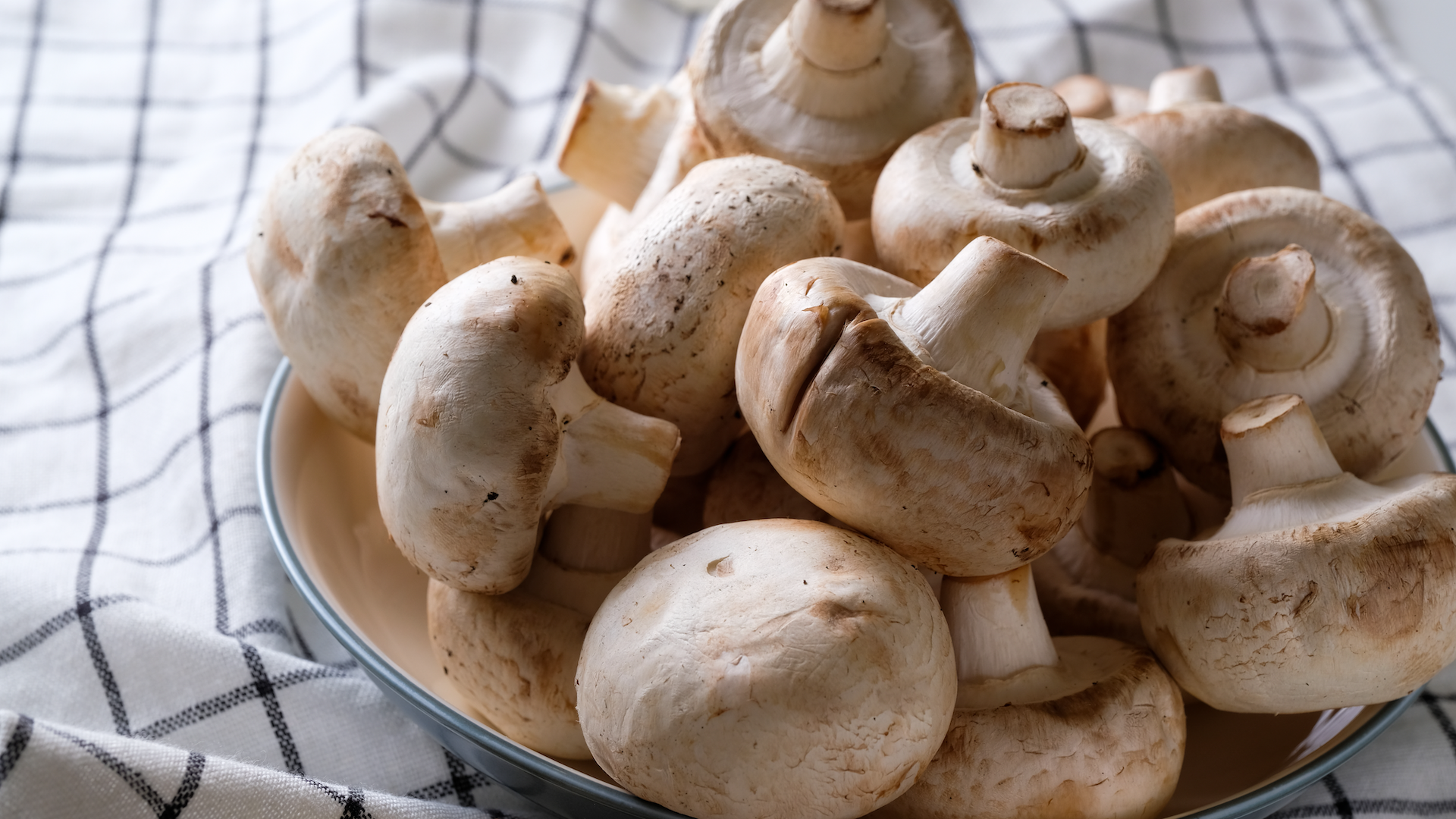
Mushrooms are a great way to add in more protein, particularly if you are vegetarian or vegan. As well as being a plant-based source of the macronutrient, the versatile grocery also serves up vitamins - such as all-important B vitamins - and minerals, like selenium and potassium.
Sweet potato
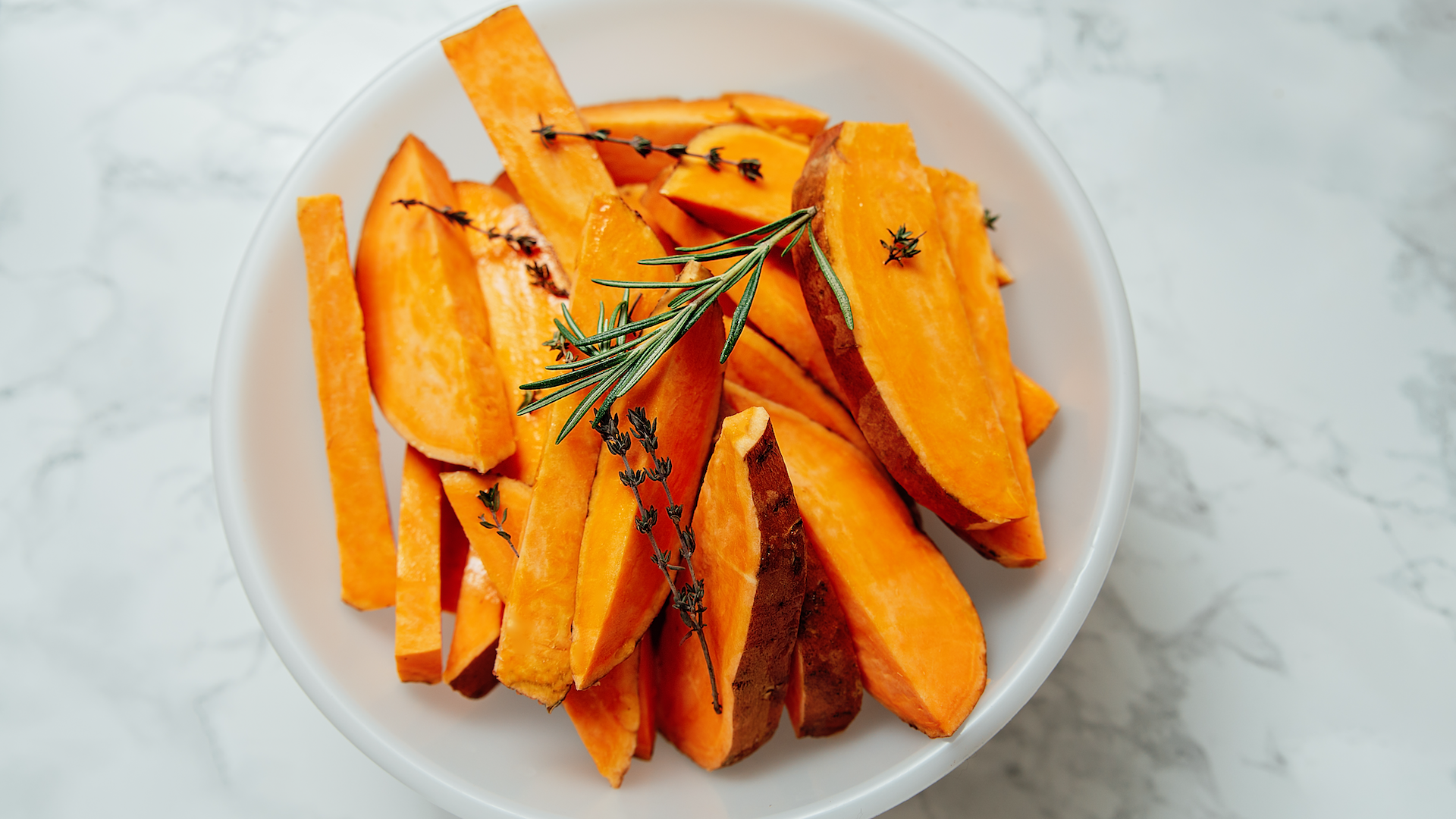
Sweet potatoes are proof that protein can be found in a wide range of foods, and they are a yummy plant-based source to consider. You can also benefit from complex carbohydrates, fibre, and important vitamins - like vitamin A and vitamin C - as well as minerals such as potassium, by adding them to your plate.
Oysters
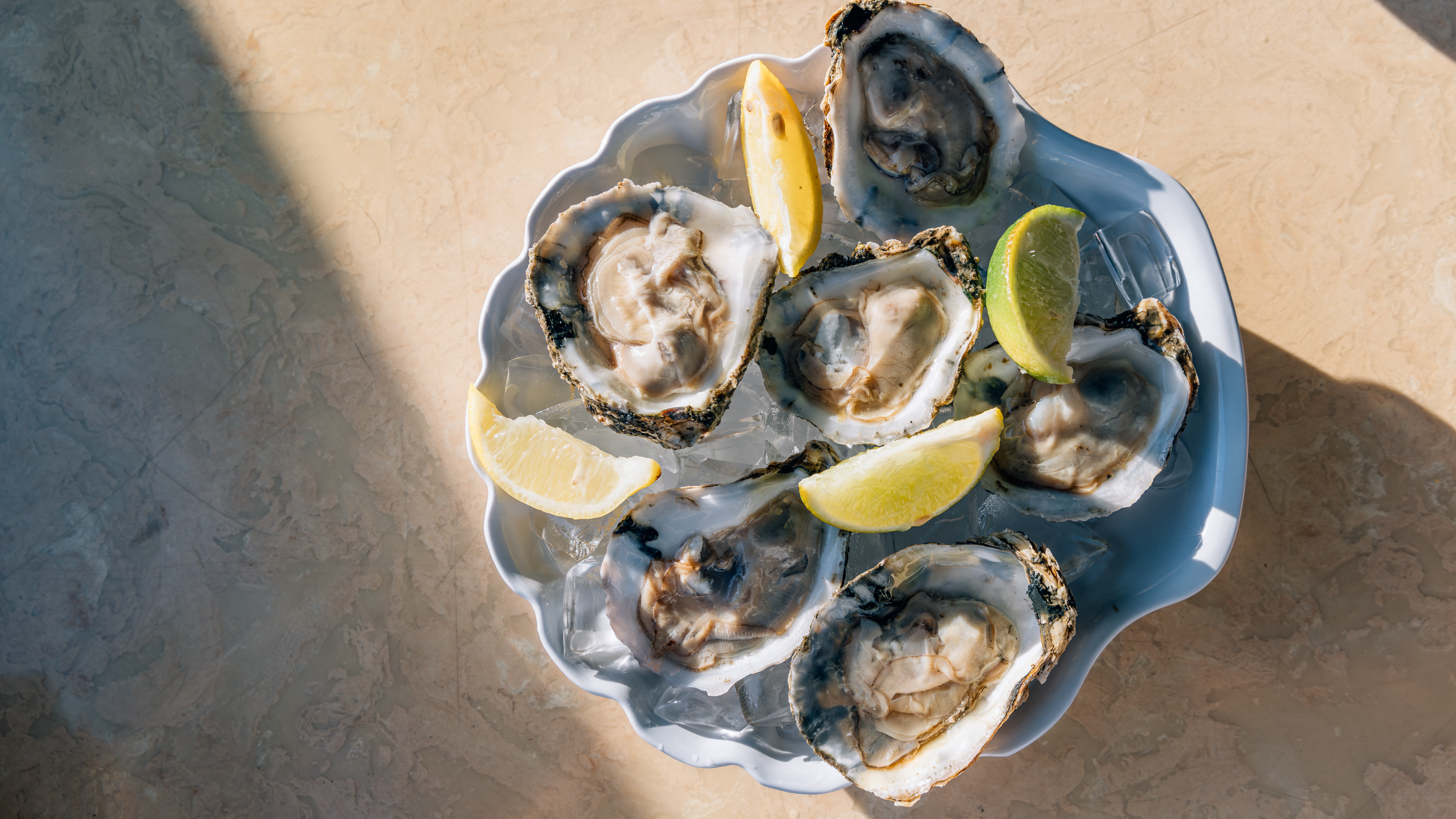
While they may be something of a delicacy, oysters also pack a punch at the same time when it comes to their surprisingly high-protein content. They are a complete source, containing all the essential amino acids, and contain other important nutrients such as zinc, iron and vitamin B12.
Oats
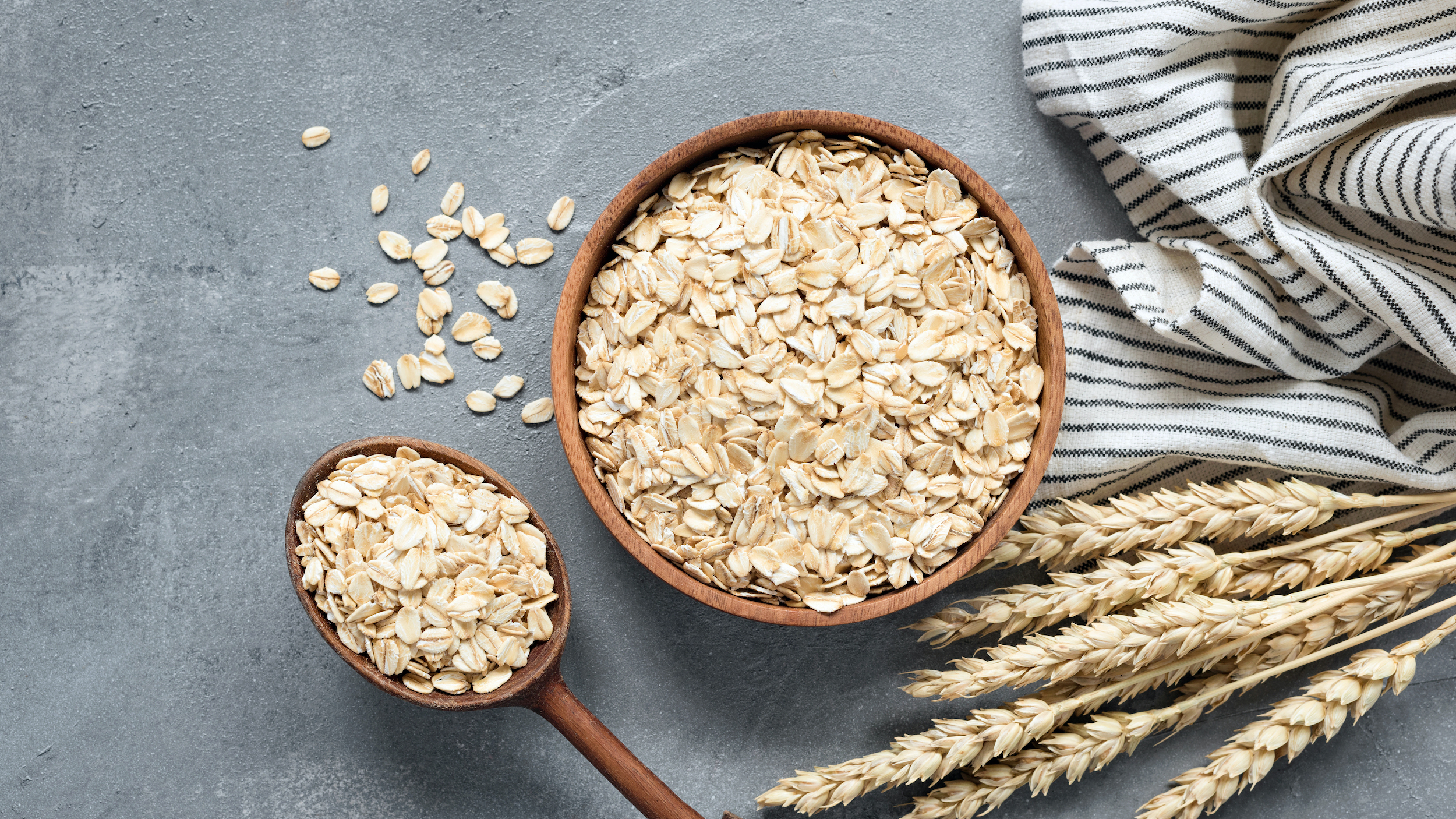
Porridge makes a surprisingly high-protein first meal of the day. Oats are a plant-based source containing several essential amino acids. What's more, they are also rich in dietary fibre - particularly beta-glucan, which supports heart health and helps maintain satiety - and also provide important nutrients like iron, magnesium and B vitamins.
Asparagus

Looking for plant-based protein ideas? Asparagus contains a not insignificant amount of the macronutrient, and the vegetable also serves other health benefits. It contains vitamins A, C, E, and K -b, as well as minerals like folate and iron.







